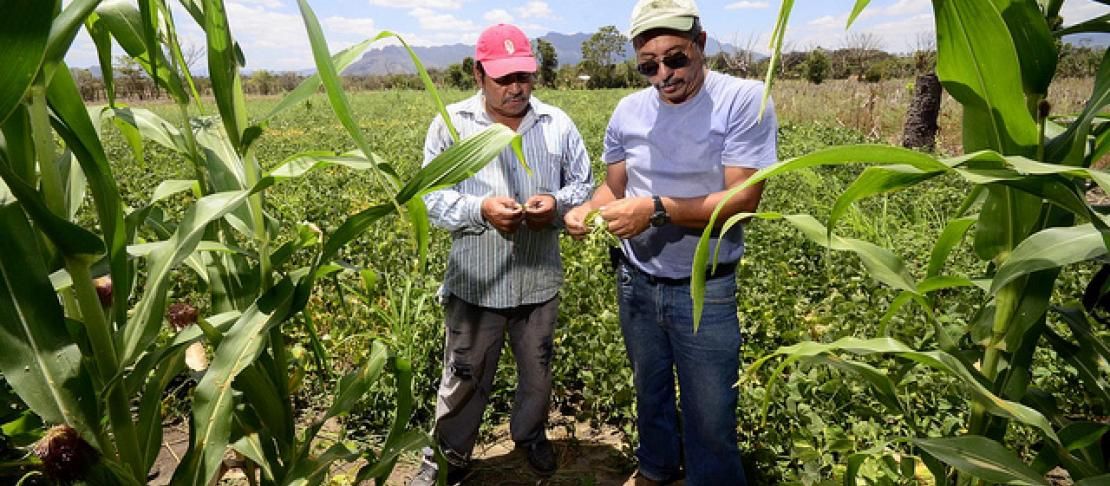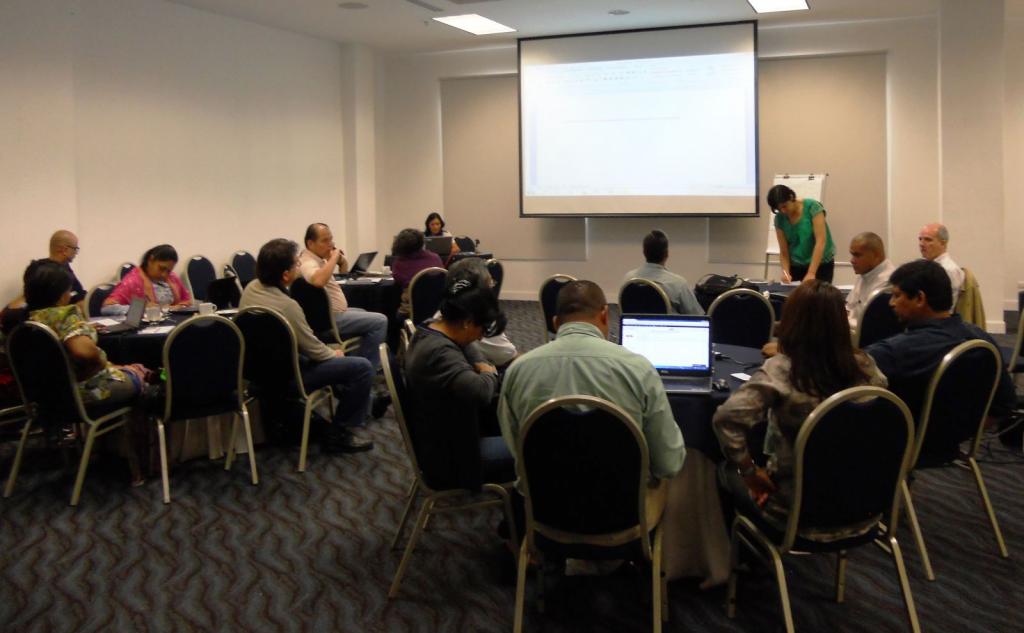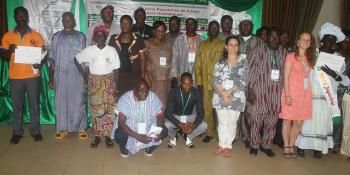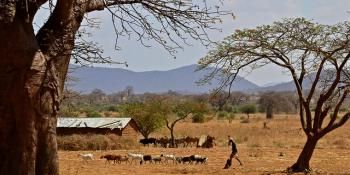Sharing the tools that could help Central America battle climate change

A workshop on tools needed for adapting and mitigating climate change in agriculture in Central America was recently held in Panama. This blog post gives an update on the presentations held and key outcomes.
Due to Central America’s highly vulnerable landscape, climate change will have severe impacts on the region. Research shows that higher temperatures and changes in rainfall patterns could change the entire agricultural landscape, risking the future of millions of farmers.
That's why since 2010, the Food and Agriculture Organization of the United Nations (FAO) and the Economic Commission for Latin America and the Caribbean (ECLAC) are organizing annual meetings on agriculture and climate change related to Central America’s development. The most recent was a workshop held in the beginning of August of this year in Panama City.
The workshop 'Tools for Adaptation and Mitigation of Climate Change in Agriculture in Central America' was supported by the American Agricultural Council (CAC) inviting representatives of the governments of Central America, agricultural research institutions and cooperation agencies linked to climate change.
The idea of the workshop was to:
- Share experiences between Central American countries about specific measures for adaptation and mitigation of climate change,
- Strengthen and establish new links between focal points network in the countries
- Provide tools for evaluation, development and rescue of options for adaptation and mitigation of climate change.

Workshop participants had the opportunity to learn more about climate adaptation and mitigation tools. Photo: L. Meza (FAO)
The CGIAR Research Program on Climate Change, Agriculture and Food Security (CCAFS) had developed two of the tools presented during the meeting. The workshop attendees got the opportunity to both learn how to use the tools and their results.
The Regional Agricultural Forecasting Toolbox (CRAFT) was presented by Theme Leader James Hansen, leading our climate risk management team. The second tool, Climate Analogues sites, was presented by David Arango Statistic and Research Assistant with the long-term adaptation theme.
CRAFT is a software platform to support within-season forecasting of crop production, while analyzes risks and impacts of climate change. In the future, this platform will facilitate research, testing and implementation of prediction methods.
View James Hansen's CRAFT presentation:
With the Climate Analogues tool researchers can identify areas where the climate today in one area could be similar to the climate projected for another region. The future projected climate will make that region a so-called climate analogues site. The tool compares locations based on the coincidences of the levels of precipitation and temperature, but also builds on secondary data such as soils and social and economic conditions.
Climate Analogues tool reaches Costa Rica as an adaptation strategy
This software program gives outputs that are reliable enough to support decisions, as well as provide opportunities to exchange experiences and technology between climate analogues sites.
Read more about Climate Analogues on the CCAFS website, the tool's online interface, and this blog post.
View David Arango's Climate Analogues presentation:
Word back from participants
According to David Arango, the results of the workshop were very positive:
Several people were interested in the tools, especially the representatives of the Ministry of Agricultural Development of Panama and Central American Agricultural Council. The idea is that the information they received should be extended to the whole team. We will keep in touch with them to eventually have a more extensive training.
These tools provide useful information and knowledge to support the evaluation and formulation of climate risk management and long-term adaptation that will be of great help to face the challenge of climate change in Central America and in the rest of the world.
Several media outlets have highlighted the workshop:
- La Estrella de Panamá: El agro a merced del calentamiento
- Finanzas Carbono: Se está realizando el Taller “Herramientas para la Adaptación y Mitigación del Cambio Climático en la Agricultura en Centroamérica”
- Iagua: Fortalecerán la red de Agricultura y Cambio Climático en Centroamérica
- Crítica de Panamá: Analizan herramientas para mitigar cambio climático
José Luis Urrea works as Communications Officer at the CGIAR Research Program on Climate Change, Agriculture and Food Security (CCAFS) Latin America office.



